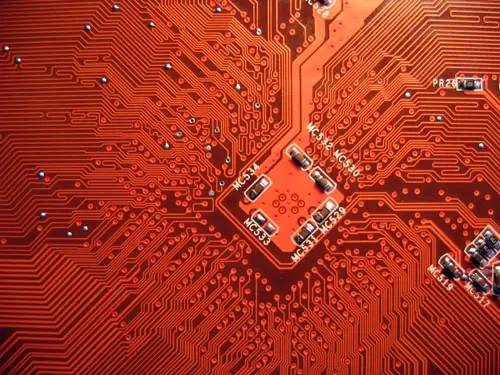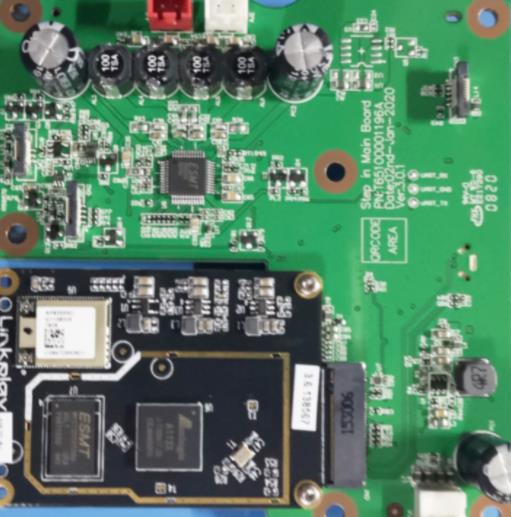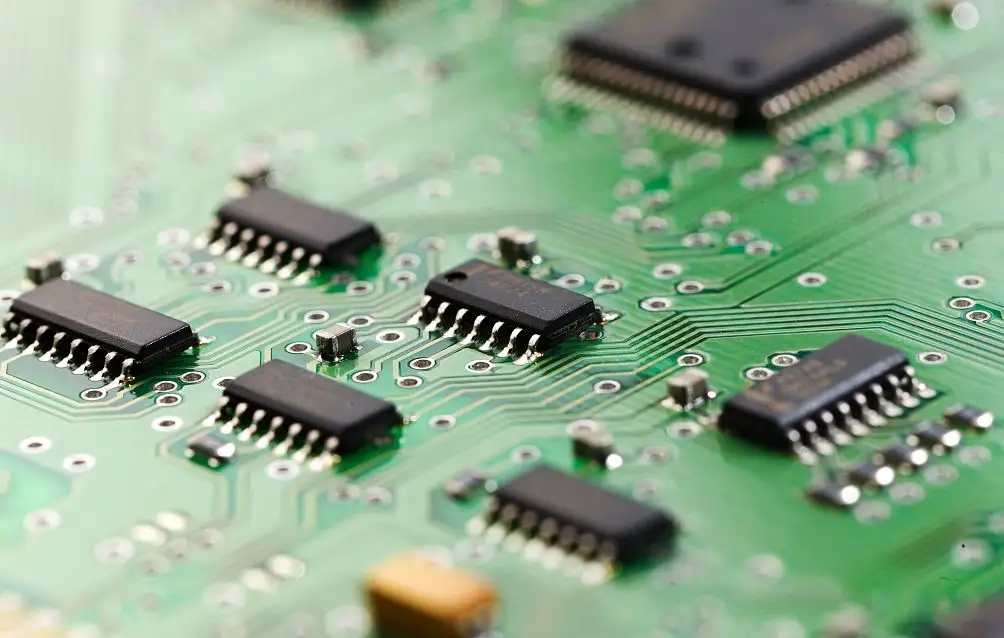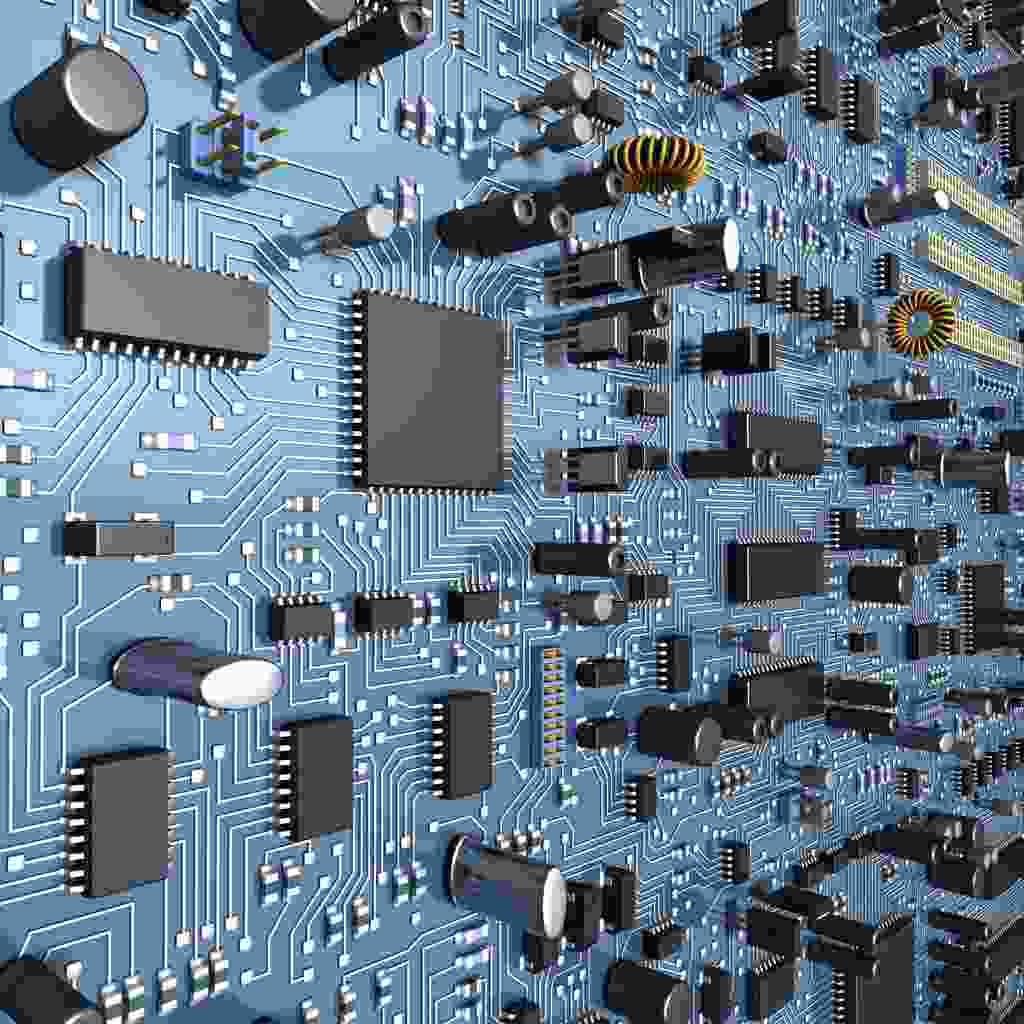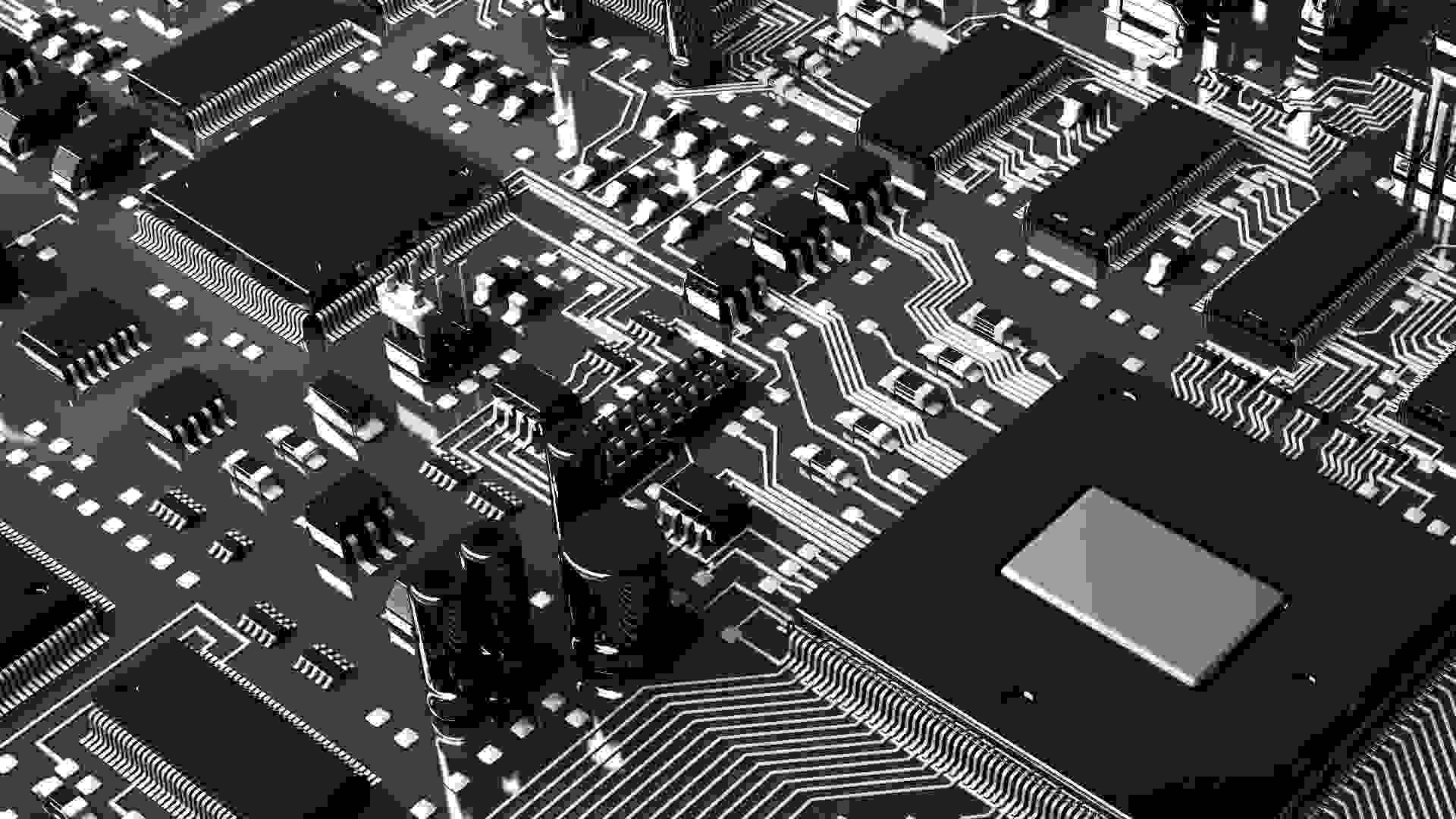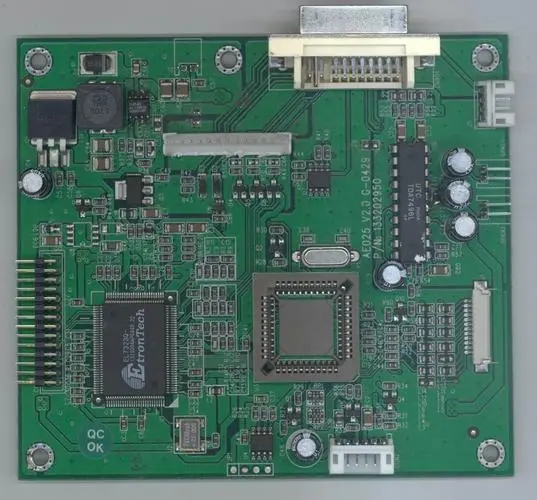
The circuit board assembly consists of a high-speed mounter and a multi-function mounter. During the mounting process, the components required for different types of PCB are placed on these feed chutes. The mounting devICe takes the components from the feed chutes and mounts them to the designated position on the PCB.
The assembly of electronic products has brought great challenges to the production operation scheduling due to its large number of components, wide variety and short life cycle of electronic products. Multi variety, SMAll batch and variable batch have become the mainstream production mode of PCB manufacturing. In this mode, the switching time between multiple varieties takes up an increasing proportion in the whole assembly time.

It is composed of a high-speed SMT mounter and a multifunctional SMT energy mounter. In fact, the whole PCB assembly line also includes plate feeder, screen printing machine, dispensing machine, reflow soldering and curing furnace, plate collector and other equipment. These equipment are connected in series to form the PCB assembly line, but these auxiliary equipment do not constitute the bottleneck process of the whole line, so they are omitted in modeling. Each mounter can accommodate 20 feeding slots, and each component occupies one feeding slot on the mounter. In general, the number of component types required for a single variety of PCBs does not exceed the capacity of the feeder, but the total number of component types required for multiple varieties of PCBs usually exceeds the capacity of the feeder.
During the mounting process, the components required for different types of PCB are placed on these feed chutes. The mounting device takes the components from the feed chutes and mounts them to the designated position on the PCB. According to the survey data of the empirical research object, the average mounting time of a component of the high-speed placement machine is 0.06s, and the average switching time of a feed chute is 180s. The multi-function mounter has two worktables, but only one worktable works. The other worktable is only used to place large or special-shaped components. Each worktable holds 10 feed troughs. It takes 0.18s on average to mount a component, and 220s on average to switch a feeder. When switching between PCB of different varieties, the mounter needs a certain preparation switching time, which is usually about 6 times the time of switching a PCB element feed tank, that is, 1200s. It can be seen that switching time plays an important role in PCB product assembly.
In a multi variety and small batch environment, PCBs are usually grouped first, and PCBs with SIMilar characteristics are divided into a group. In this way, in the same group, the assembly between PCBs of different varieties does not need to replace the feeder or switch time; However, when the feeder needs to be replaced between two groups of PCB, the switching time between them needs to be considered. According to this, the PCB production scheduling problem is divided into two levels: the first level scheduling problem is calLED "board level" scheduling problem, that is, to determine the production sequence among PCBs in a PCB group; The second level scheduling problem is called "group level" scheduling problem, which determines the production sequence among PCB organizations.


